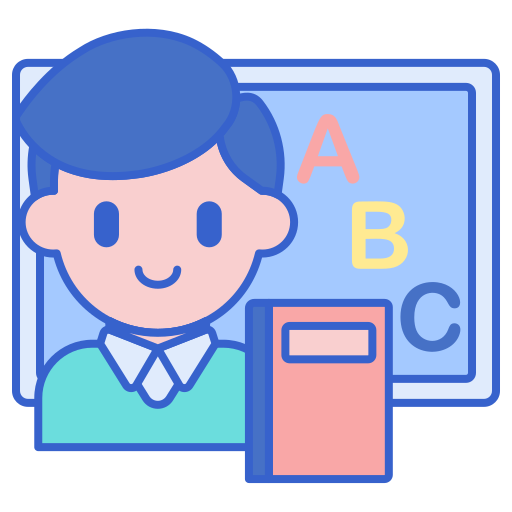Facebook Business Course
With this free 6-lesson video course you'll learn about the most important concepts of Facebook Business
Facebook, Inc. (pronounced AFI: [feɪsbʊk]) (NASDAQ: FB) is an American company that provides online social media and social media services based in Menlo Park, California. Their website was launched on February 4, 2004 by Mark Zuckerberg, along with other Harvard University students and roommates, Eduardo Saverin, Andrew McCollum, Dustin Moskovitz and Chris Hughes. It has been available in Spanish since February 2008.4 Facebook is a platform that operates on a main-based computing infrastructure entirely on GNU/Linux systems, using the LAMP suite of technologies, among others.
Initially, the founders limited website membership to Harvard students, but later expanded it to higher education institutions in the Boston area, Ivy League schools, and Stanford University. It also gradually added support for students at several other universities, and finally to high school students. Since 2006, anyone who says they are at least 13 years old has been allowed to become a registered Facebook user, although there are variations in this requirement under local laws. The name comes from personal photo directories that are often given to American college students. In February 2012, it was listed through a Public Sales Offering (OPV), reaching a valuation of $104 billion, the highest for a company that is starting to list. He began selling shares to the public three months later, but most of his income gets it from the ads that appear on the screen.
Facebook can be accessed from a wide range of Internet-connected devices, such as Personal Computer (PC), Laptops, Tablets and Smartphones. Once registered, users can create a custom profile that indicates their name, occupation, attended schools, etc. Users can add other users such as "friends," exchange messages, post status updates, share photos, videos, and links, use multiple software apps (apps), and receive notifications of activity from other users. In addition, users can join groups of users of common interest organized by workplace, school, hobbies or other topics, and categorize their friends into lists such as "People from Work" or "Close Friends". It also provides options to report or block nasty people or unwanted friendships.
Facebook has more than 2.2 billion monthly active users as of March 2018. Its popularity has resulted in massive media coverage of the company, such as significant scrutiny about the privacy and psychological effects it has on users. In recent years, the company has faced intense pressure on the amount of fake news, hate speech and depictions of violence prevailing in its services, aspects it is trying to counter.
On April 9, 2012, Facebook acquired Instagram for $1 billion,6 and in February 2014 purchased the WhatsApp mobile messaging service for $16 billion.7 On May 1, 2018, Facebook announced plans to launch a new dating service. According to Mark Zuckerberg: "There are 200 million people on Facebook identified as single, so clearly there's something to do here." In the wake of the Cambridge Analytica data mining scandal,8 the service will feature privacy features, and your friends won't be able to see your dating profile

